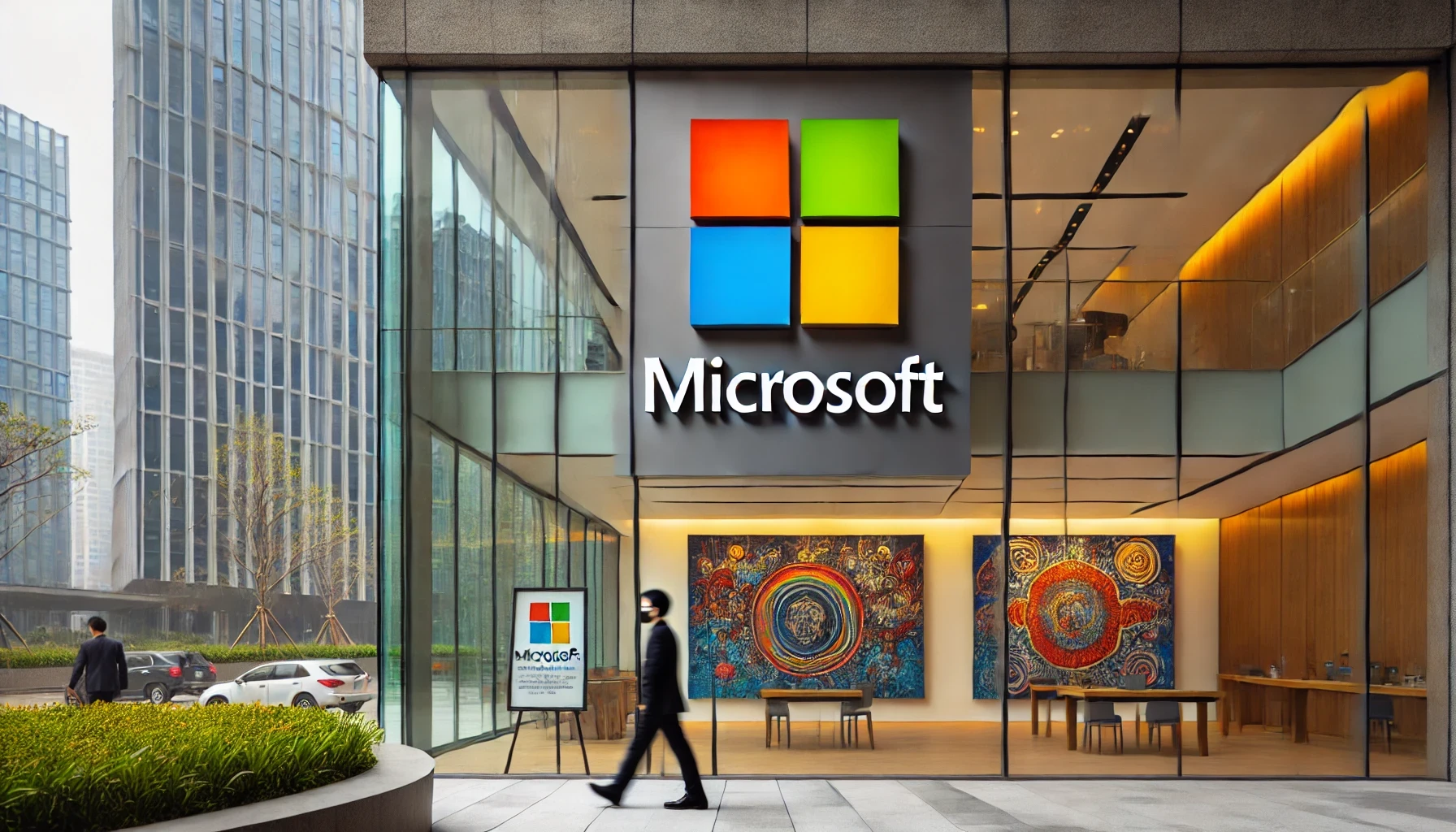
Microsoft Corporation announced a significant change in its operational strategy for its Chinese workforce. The tech giant will begin providing Apple iOS-based devices to employees in China, facilitating access to essential authentication applications, a company spokesperson confirmed on Monday. This decision is largely driven by the absence of Google’s Android services in the region.
| Aspect | Details |
|---|---|
| Reason for Switch | Absence of Google Mobile Services in China |
| Affected Employees | Microsoft employees in China, including Hong Kong |
| Device to be Provided | iPhone 15 models |
| Security Apps | Microsoft Authenticator, Identity Pass |
| Initiative | Part of Microsoft’s global Secure Future Initiative |
| Entry into Chinese Market | 1992 |
| Research and Development | Microsoft operates a large R&D center in China |
Microsoft’s decision comes in the wake of heightened scrutiny following multiple security breaches. The latest breach involved Russian hackers who successfully accessed emails of both employees and customers earlier this year. This series of incidents has shown the necessity for robust security measures and reliable authentication methods.
Bloomberg News was the first to report on this development, revealing that an internal memo instructed Microsoft’s Chinese employees to start using Apple devices at the workplace from September. The internal communication highlighted the constraints imposed by the lack of Google Play Store access in China, which hampers the use of critical security apps such as Microsoft Authenticator and Identity Pass.
A Microsoft spokesperson elaborated on the rationale behind this move in an email to Reuters: “Due to the lack of availability of Google Mobile Services in this region, we look to offer employees a means of accessing these required apps, such as an iOS device.”
The shift to Apple devices is part of Microsoft’s broader Secure Future Initiative, a global strategy aimed at enhancing security protocols and protecting sensitive data. The initiative shows the company’s commitment to ensuring the safety and integrity of its digital operations across the globe.
- Employee Security: Ensuring employees have access to secure and reliable authentication methods.
- Operational Efficiency: Streamlining access to necessary apps without the constraints of regional service unavailability.
- Global Strategy: Aligning with Microsoft’s global security initiatives to bolster overall data protection.
Microsoft’s presence in China dates back to 1992, and over the years, it has established a significant footprint in the country, including a large research and development center. This long-standing presence necessitates a tailored approach to regional challenges, particularly in the realm of cybersecurity.
According to the Bloomberg report, Microsoft will be providing the latest iPhone 15 models to employees currently using Android handsets across China, including Hong Kong. This transition is expected to enhance the security framework for Microsoft employees in the region, ensuring they have access to vital security apps that are otherwise inaccessible on Android devices due to the absence of Google Mobile Services.
The lack of Google Mobile Services in China poses a significant challenge for companies that rely on Google’s suite of applications for security and authentication. By switching to Apple devices, Microsoft aims to mitigate these challenges and provide a seamless and secure user experience for its employees.
- Google Mobile Services: Unavailable in China, affecting app accessibility.
- Apple Devices: Offer an alternative platform with reliable access to necessary security apps.
- Employee Transition: Smooth transition to iOS devices expected to enhance security and operational efficiency.
Microsoft’s proactive approach to addressing these regional challenges highlights its commitment to maintaining robust security standards and adapting to the unique regulatory and service landscape in China.
This strategic shift could have long-term implications for Microsoft’s operations in China and potentially set a precedent for other U.S. companies facing similar challenges. By prioritizing employee security and adapting to regional constraints, Microsoft reinforces its position as a forward-thinking and resilient organization.
- Employee Security: Strengthened through reliable access to critical apps.
- Operational Adaptability: Demonstrates Microsoft’s ability to navigate regional constraints effectively.
- Precedent Setting: Could influence other companies to adopt similar strategies for enhanced security.
Microsoft’s decision to provide Apple iOS devices to its employees in China is a significant step towards enhancing security and operational efficiency. This move addresses the absence of Google services in the region and aligns with the company’s global security initiatives, underscoring its commitment to safeguarding employee and customer data. As Microsoft continues to navigate the complex landscape of cybersecurity and regional regulations, this strategic shift serves as a testament to its adaptability and forward-thinking approach.
Featured Image courtesy of DALL-E by ChatGPT
